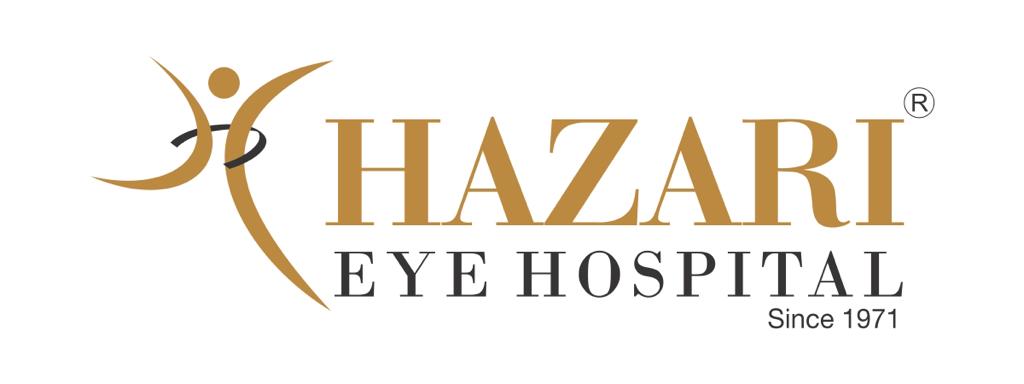As children return to school, parents naturally consider how to help their children learn and succeed. Good vision and eye health are key to a student’s ability to do well in the classroom, on the playground, in sports, and when studying at home. September is Children’s Eye Health and Safety month, and the American Academy of Ophthalmology encourages families to make sure students receive vision screening and learn eye health and safety practices. It’s also important for parents of children with learning disabilities to know how vision does – and does not – play a role.
Mary Lou Collins, M.D., a pediatric ophthalmologist in the Baltimore, Maryland area, said Quinn Kirby’s story illustrates how screening can make a big difference to a child’s future. Quinn is a bright, lively little girl whom Dr. Collins initially saw at age four.
The first hint that Quinn might have a vision problem was picked up in her pediatrician’s office. In a preliminary screening Quinn couldn’t name the pictures or letters–and she expressed a lot of frustration about that, since she knew her alphabet. Dr. Doran and Quinn’s mom, Kris, agreed on sending her to Dr. Collins for a comprehensive exam. “
We found that Quinn’s vision was 20/30 in her right eye and 8/200 in the left, compared with 20/20 normal vision,” Dr. Collins said. “Quinn’s stronger eye was doing most of the work, and her other eye was becoming weaker as a result, a condition called amblyopia. Also, Quinn’s weaker eye was slightly turned inward (one variation of a condition called strabismus), but this was too subtle to be noticed, except in an exam.”
Her parents take excellent care of their kids’ health, and so were stunned by the news. Dr. Collins told them not to blame themselves, as such vision problems are nearly impossible to detect–especially in young children–except through vision screening by a school nurse, pediatrician, or other qualified health provider. When a potential problem is revealed, a comprehensive eye exam by an ophthalmologist (an Eye M.D.) is the best way to determine whether vision correction or other treatment is needed.
